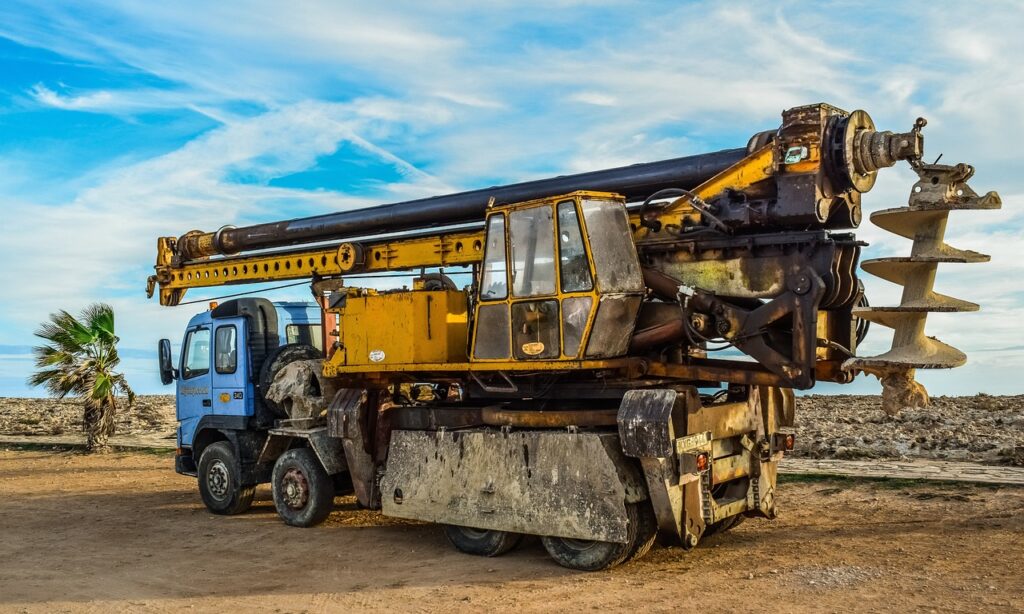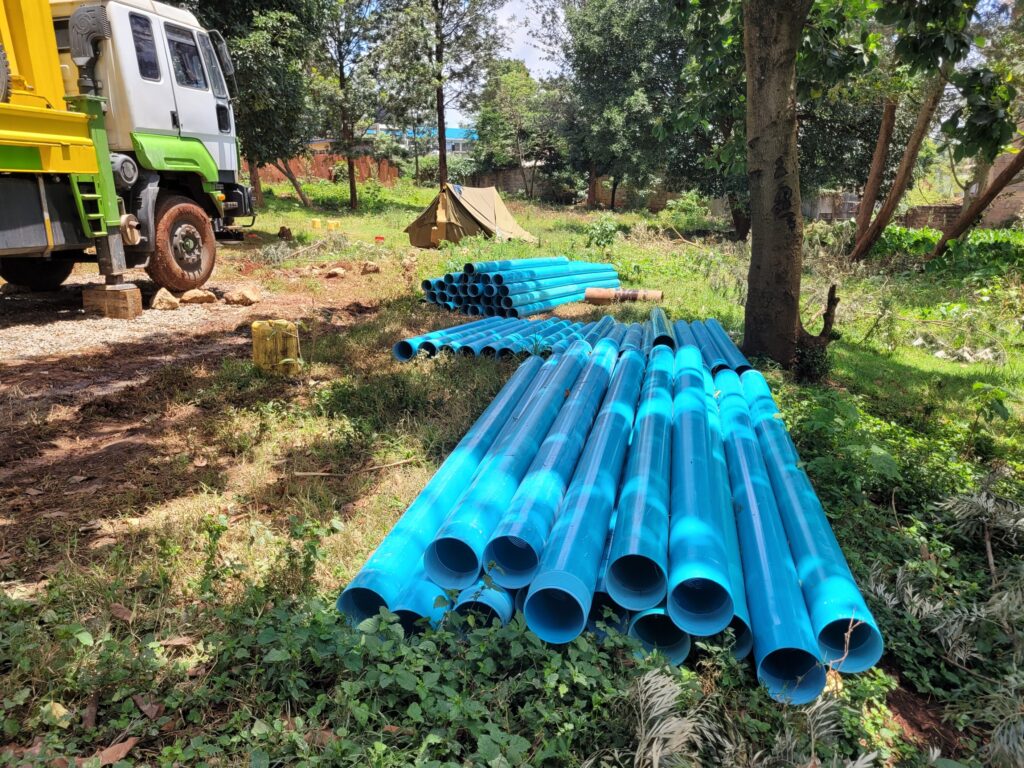You turn on your tap one morning. No water flows.
Your stomach drops. Your borehole has failed.
You’re not alone. Over 43% of boreholes in Kenya experience at least one significant problem within their first five years of operation. But here’s the good news: most issues are fixable when you know what to look for.
The Hidden Crisis in Your Water Supply
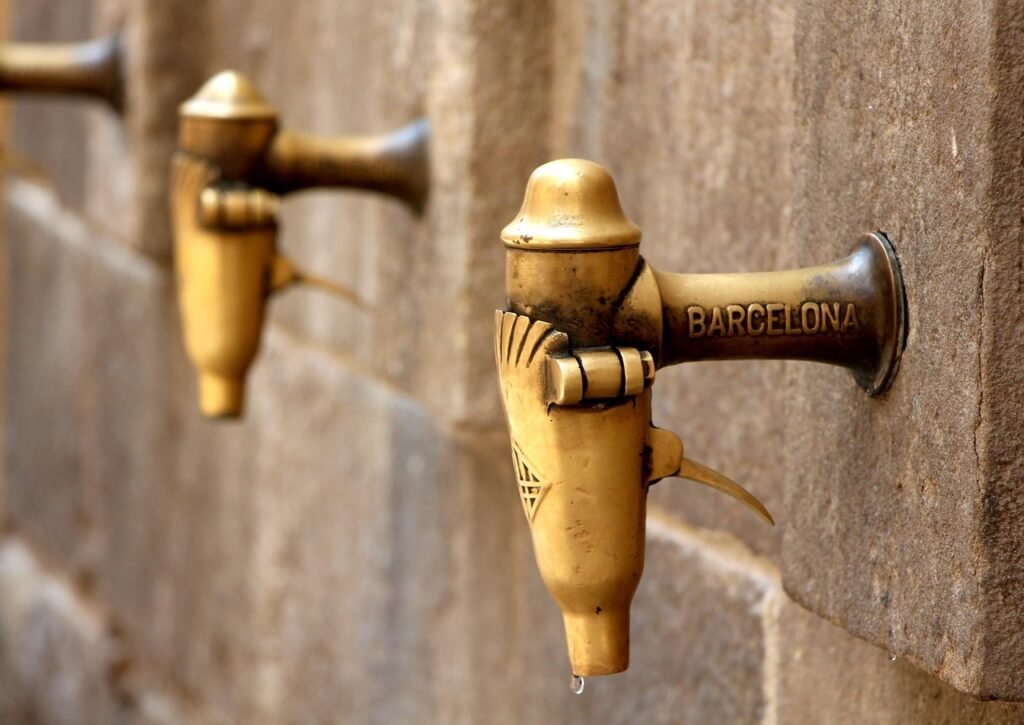
Boreholes serve millions worldwide. They’re your lifeline to clean, reliable water. Yet problems lurk beneath the surface.
The global borehole equipment market reached $12.33 billion in 2024. That’s billions invested in water security. But without proper maintenance, even the best systems fail.
What Is a Borehole and Why Do They Fail?
Your borehole is a narrow hole drilled deep into the ground. It taps underground water from aquifers. Those hidden rivers flowing through rock layers.
Think of it as your personal water highway. Pumps push water to the surface. Casing pipes keep the system stable.
But like any complex system, things go wrong.
The Big Three: Most Common Borehole Problems
1. Sediment Blockage: The Silent Killer
This is your number one enemy. Sand, dirt, and debris slowly choke your system.
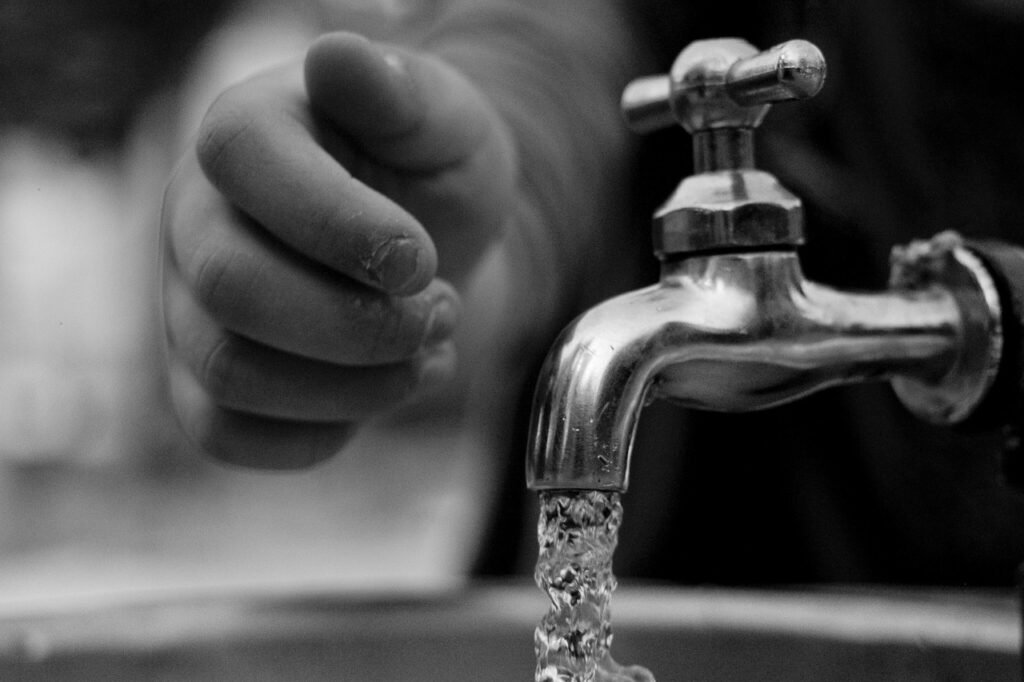
How to spot it: Your water pressure drops. Water looks murky or dirty. Flow gets weaker over time.
The fix: Professional cleaning removes debris using high-pressure systems. Install a gravel pack—small stones that filter out sediment before it reaches your pump.
Pro tip: Proper gravel packing prevents fine sand from entering your borehole. In sandy areas like coastal Kenya, specially graded gravel matching your soil formation works best.
2. Pump Failures: When Your Heart Stops
Submersible pump failures affect about 31% of boreholes annually in Kenya. Your pump is your borehole’s heart. When it fails, water stops flowing.
Common causes:
- Normal wear and tear
- Electrical faults
- Running dry when water table drops
Warning signs: No water flow. Strange noises. Inconsistent supply.
The solution: Replace worn pumps. Install dry-run protection switches. They prevent your pump from running without water, extending its life significantly.
Critical stat: Electrical issues cause 26% of pump failures in Kenya. With inconsistent rural power, backup systems reduce operational costs by up to 40%.
3. Water Contamination: The Hidden Danger
According to the Ministry of Water and Sanitation, approximately 28% of rural boreholes in Kenya have water quality issues that require treatment.

Contaminated water threatens your health. Surface water seeping in. Nearby pollutants entering your supply.
Red flags: Bad smells. Strange taste. Water discoloration.
Your action plan: Regular water testing catches problems early. Install sanitary seals. Keep your borehole far from septic tanks and chemical storage.
Shocking reality: Kenya Medical Research Institute (KEMRI) studies show that E. coli and coliform bacteria are present in 22% of private boreholes nationally.
Construction Problems: Where It All Goes Wrong
A Kenya Water Industry Association survey found that 37% of borehole failures stem from improper initial installation.
Your problems often start before your first drop of water flows.
Poor drilling techniques lead to:
- Borehole collapse in unstable formations
- Cracked casings that separate over time
- Insufficient grouting allowing surface contamination
The preventive approach: Always request drilling logs and completion reports. These documents detail geological formations and materials used. Quality contractors provide this documentation.
The Maintenance Revolution: Your 64% Solution
Here’s a game-changer: A maintenance study by the Kenya Water Institute found that boreholes with quarterly professional inspections had 64% fewer major breakdowns.

Your maintenance schedule:
- Monthly: Visual wellhead inspection
- Quarterly: Electrical system check and water quality testing
- Annually: Comprehensive system evaluation with camera inspection
Investment vs. cost: Professional maintenance contracts start from Ksh 15,000 annually. They prevent hundreds of thousands in emergency repairs.
Technology and Market Trends Reshaping Your Options
The global borehole equipment market is projected to reach $81.09 billion by 2033, exhibiting a remarkable CAGR of 23.27%.
What this means for you:
- Better equipment reliability
- Advanced monitoring systems
- AI-driven efficiency improvements
Geothermal energy projects utilize borehole drilling for resource extraction, with approximately 15% of the equipment market now catering to this segment. This drives innovation benefiting all borehole owners.
Kenya-Specific Challenges You Face
Water Table Decline
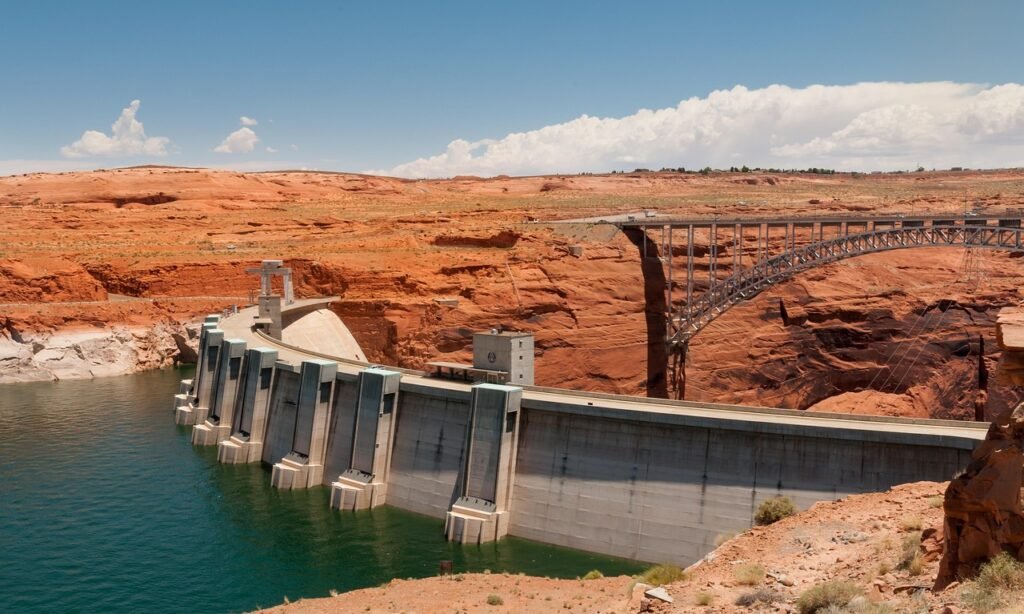
According to hydrogeological surveys by the WRA, approximately 22% of Kenyan boreholes experience declining yields within 7-10 years of operation.
Regional Issues
- Iron and manganese: Common in central and western regions
- Salinity problems: Frequent in coastal areas and Northern Kenya
- Turbidity: Affects nearly 40% of boreholes in ASAL regions during rainy seasons
Cost Reality
Shallow boreholes (50-100 meters) cost around Ksh 500,000. Deeper projects exceed Ksh 2 million. Hidden costs include repairs, fuel, and additional depth if water isn’t found initially.
Your Action Plan: What to Do Right Now

- Assess your current system – Look for warning signs
- Schedule professional inspection – Don’t wait for failure
- Test your water quality – Know what you’re drinking
- Plan preventive maintenance – Save money long-term
- Keep documentation – Drilling logs and completion reports
The Bottom Line
Your borehole investment deserves protection. With proper maintenance and early problem detection, most issues are fixable and preventable.
Remember: The global success rate of water wells is 30-50% after two to five years. But with professional installation and maintenance, success rates reach 85% with some wells running over 15 years.
Don’t wait for problems to worsen. Stay proactive with your borehole maintenance. Your reliable water supply depends on it.
Related Resources
For more expert guidance on borehole solutions:
Need immediate assistance? Contact professionals at +254 720 545 191 for 24/7 support and consultation.
Stay updated on the latest borehole maintenance tips and industry insights. Subscribe to expert newsletters for practical advice that saves you time and money.
